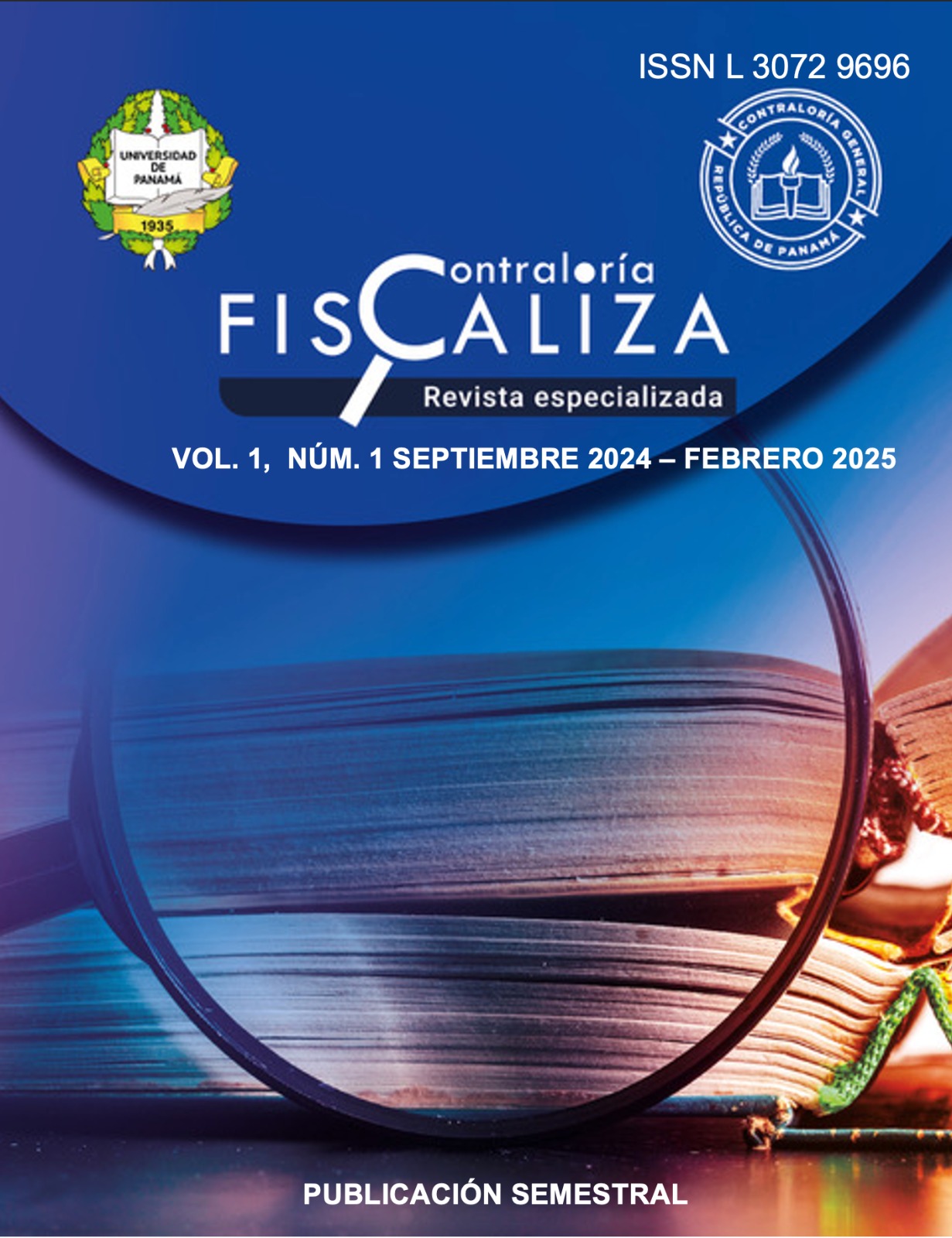

Derechos de autor 2024 Contraloría Fiscaliza

Esta obra está bajo una licencia internacional Creative Commons Atribución-NoComercial-CompartirIgual 4.0.
El control interno corresponde al proceso integral que implementa una entidad, con la finalidad de garantizar que sus operaciones se realicen de forma eficiente y que a su vez estén orientadas a sus objetivos. El control interno previene fraudes con el establecimiento de procedimientos que evitan el uso indebido de los recursos públicos, asegurando el cumplimiento de las normativas legales, optimizando la gestión y la administración de recursos promoviendo la transparencia y rendición de cuentas. En Panamá, la Contraloría General de la República, como rector mayor en tema de control y siendo responsable de fiscalizar el uso de recursos públicos, para el año 1999 emite las Normas de Control Interno Gubernamental, integrando en ellas los cinco componentes del control interno: ambiente de control, evaluación de riesgos, actividades de control, la información y comunicación y el monitoreo, asegurando una estructura adecuada de control interno en el sector público. Un control interno sólido contribuye al funcionamiento efectivo y transparente del sector público. En ese sentido, la implementación de controles adecuados garantiza el cumplimiento de la misión de cada institución; lo anterior es una medida crucial para fomentar la confianza en las entidades gubernamentales. Con este ensayo describimos el concepto del control interno, su fundamento legal y cómo este resulta importante en la gestión realizada dentro del sector público.